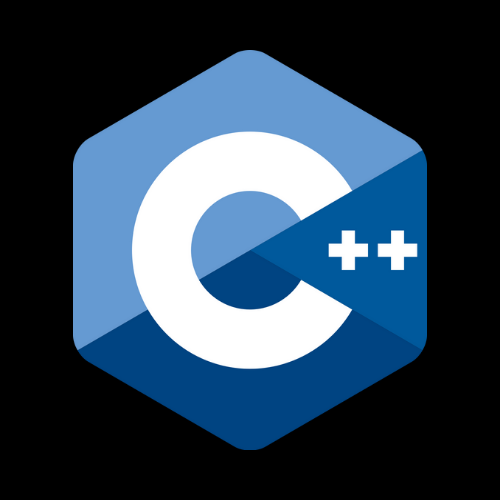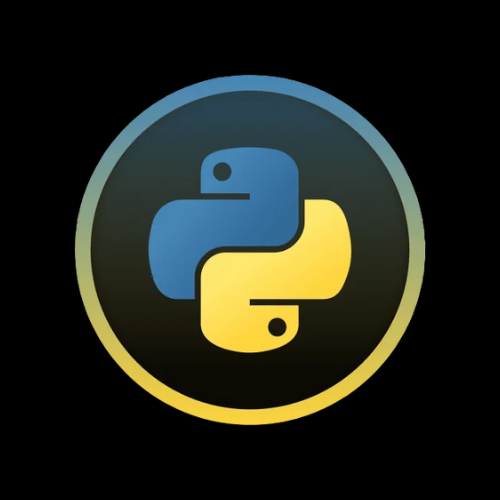In the C programming language, loops are control structures that allow you to repeatedly execute a block of code as long as a certain condition is met. There are three main types of loops in C: the for loop, the while loop, and the do-while loop. Each of these loops serves a specific purpose, and I'll explain them in detail with examples.
1. The for Loop:
The for loop is often used when you know in advance how many times you want to execute a block of code. It consists of three parts: initialization, condition, and increment/decrement. Here's the syntax:
for (initialization; condition; increment/decrement) {
// Code to be repeated
}
- initialization: This is where you set an initial value for a loop control variable.
- condition: This is the condition that is checked before each iteration. If it's true, the loop continues; otherwise, it terminates.
- increment/decrement: This part is executed after each iteration and is used to update the loop control variable.
for (int i = 0; i < 5; i++) {
printf("Iteration %d\n", i);
}
2. The while Loop:
The while loop is used when you don't know in advance how many times you need to execute the code. It continues executing as long as a specified condition is true. Here's the syntax:
while (condition) {
// Code to be repeated
}
int count = 0;
while (count < 5) {
printf("Iteration %d\n", count);
count++;
}
3. The do-while Loop:
The do-while loop is similar to the while loop, but it guarantees that the code block is executed at least once because the condition is checked after the first iteration. Here's the syntax:
do {
// Code to be repeated
} while (condition);
int count = 0;
do {
printf("Iteration %d\n", count);
count++;
} while (count < 5);
Loops are essential for automating repetitive tasks in C programming, and you should choose the type of loop that best suits your specific needs based on whether you know the number of iterations in advance and the evaluation of the loop condition.



